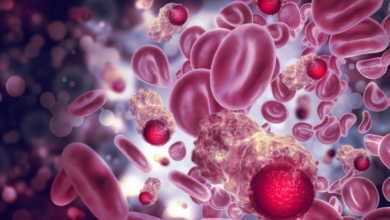Genetic Testing for Sleep Disorders

What is Genetic Testing for Sleep Disorders?
Genetic testing for sleep disorders is a medical procedure that analyzes a person’s DNA to identify genetic variations that may contribute to sleep problems. These tests can help diagnose sleep disorders and guide treatment decisions.
Why Genetic Testing for Sleep Disorders is required?
Genetic testing can be helpful for:
- Diagnosing sleep disorders: It can confirm a suspected diagnosis or rule out other conditions.
- Understanding risk factors: It can identify individuals at higher risk for developing sleep disorders.
- Tailoring treatment: It can help determine the most effective treatment options based on an individual’s genetic makeup.
Which are the method of Genetic Testing for Sleep Disorders?
Genetic testing for sleep disorders typically involves:
- Blood sample: A blood sample is collected from the patient.
- DNA extraction: DNA is extracted from the blood cells.
- Genetic analysis: The DNA is analyzed for specific genetic variations associated with sleep disorders.
Who should go for Genetic Testing for Sleep Disorders?
Individuals who may benefit from genetic testing for sleep disorders include:
- Those with a family history of sleep disorders
- People with severe or unexplained sleep problems
- Individuals who have not responded well to traditional treatments
What are the results of Genetic Testing for Sleep Disorders?
Genetic testing can provide information about:
- Risk factors: Whether an individual carries genetic variations that increase their risk for sleep disorders.
- Diagnosis: If a genetic variation is identified that is strongly associated with a specific sleep disorder.
- Treatment options: The most appropriate treatment options based on the identified genetic factors.
What are the components of Genetic Testing for Sleep Disorders?
Genetic testing for sleep disorders typically focuses on analyzing genes involved in:
- Circadian rhythm: The body’s internal clock that regulates sleep-wake cycles.
- Neurotransmitters: Chemicals in the brain that influence sleep and wakefulness.
- Sleep architecture: The structure of sleep, including the stages of REM and non-REM sleep.





